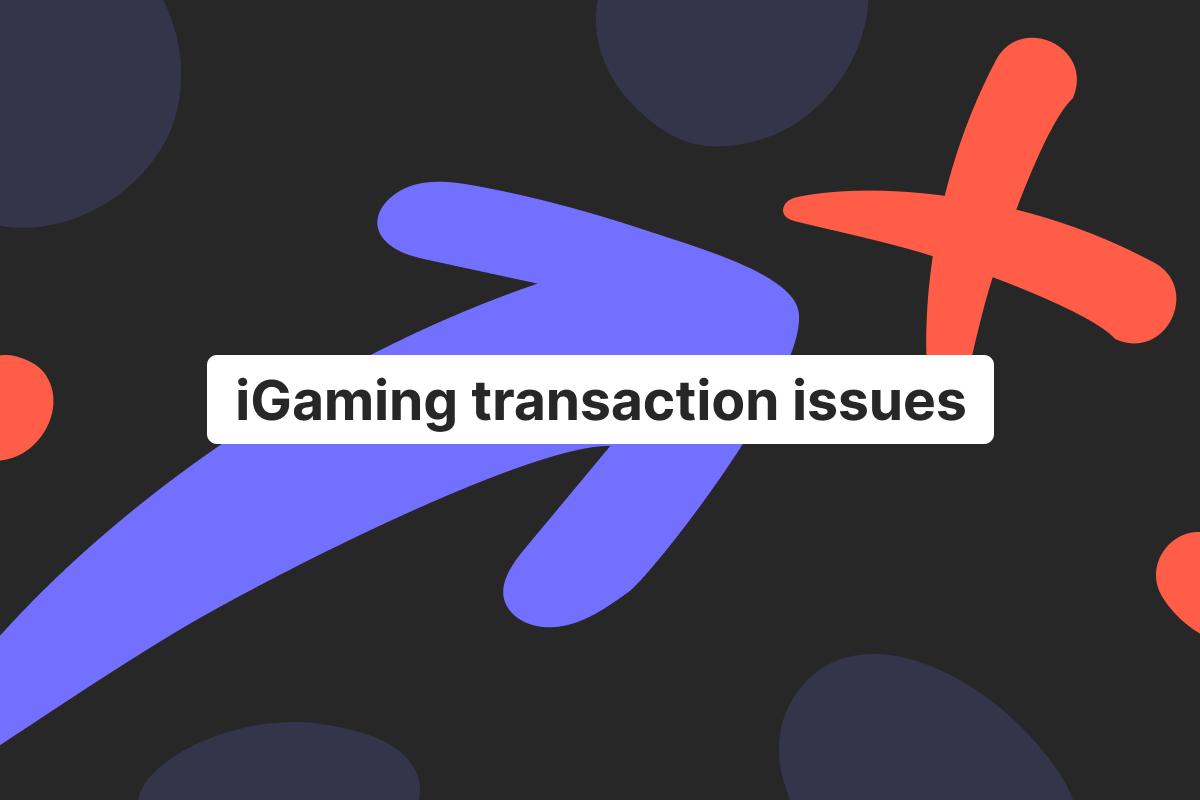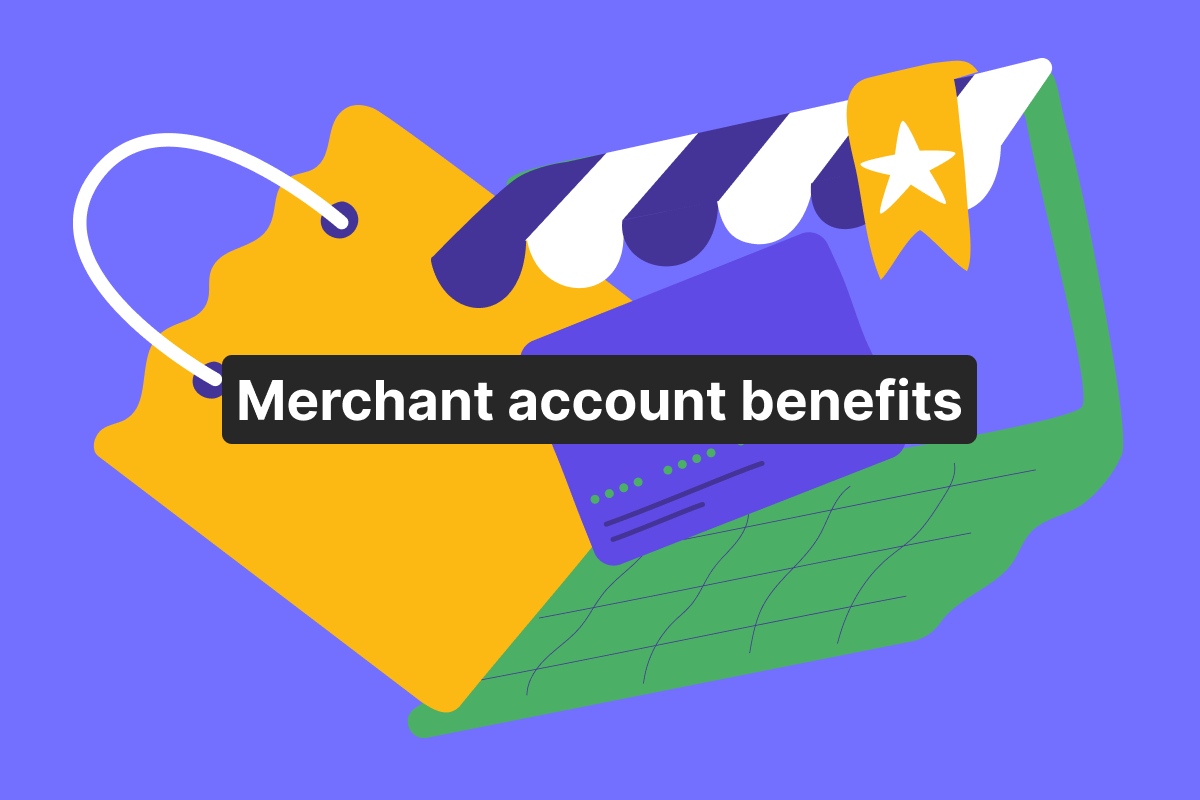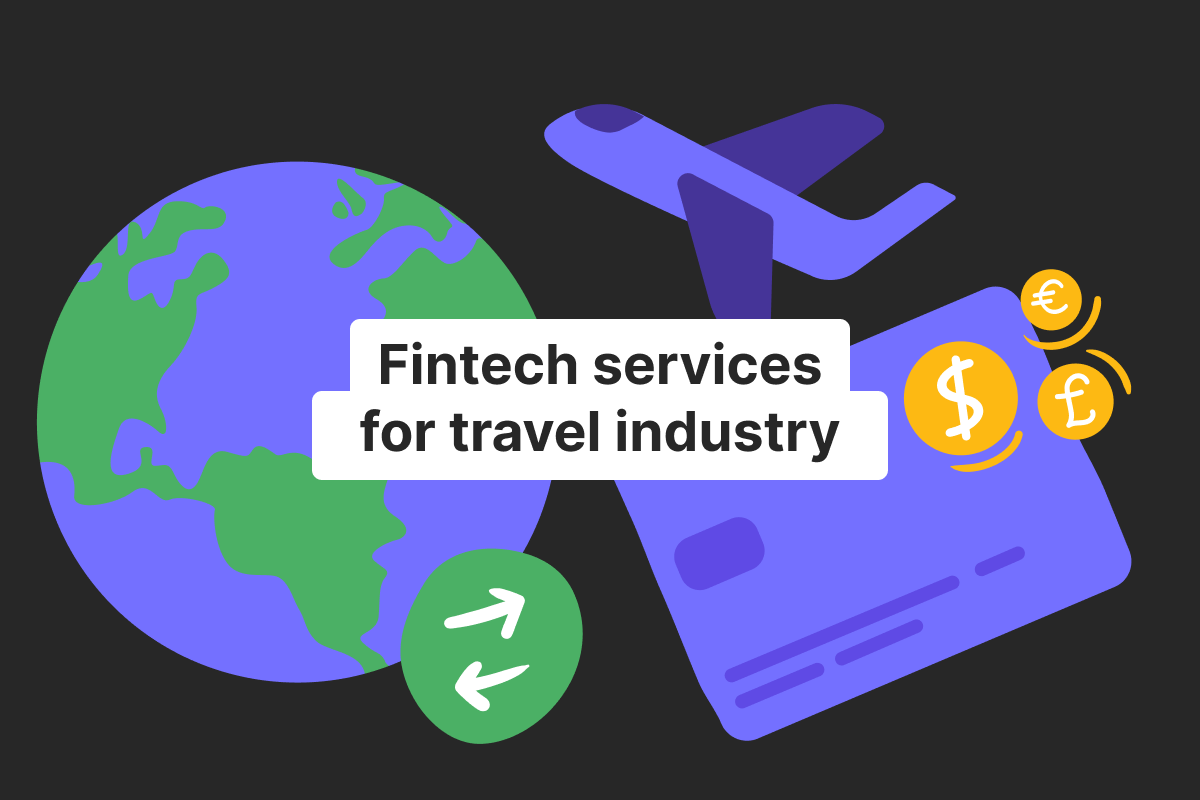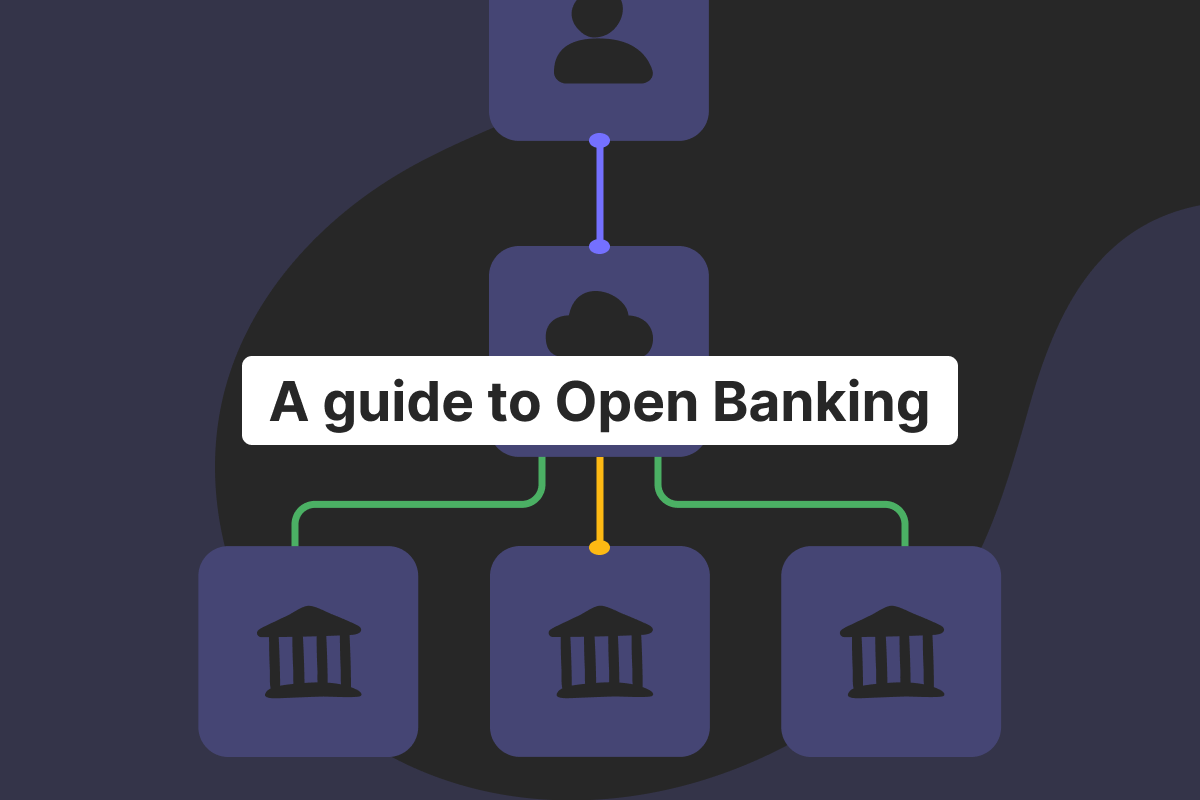In reality, banks could block any spending/payment from their customers, not just gambling-related transactions. There are a few reasons in total, but they are significant – regulation, anti-scam protection, or built-in limits specifically targeted at gambling payments.
The last one is designed to promote mental well-being, prevent compulsive behavior, and align with growing regulatory expectations. It is expected to help individuals gain greater control over their finances and reduce impulsive spending during gambling.
These blocks are becoming more common as banks, regulators, and mental health professionals recognize the impact of problem gambling. Features like the gambling block were designed to promote mental well-being, prevent compulsive behavior, and align with rising legal expectations.
Genome has experience working with different industries, including iGaming, and can provide our best tools for transparency, payments, and user-led, yet friendly financial management.
Minimize issues with transactions and financial management – try Genome
If you are an iGaming company, one of the most effective ways to keep ahead of any finance-related issues is to have a trusted financial partner – and that’s where Genome comes in. As a licensed electronic money institution, Genome supports iGaming businesses across Europe.
Here’s how Genome helps iGaming companies scale and stay competitive:
Effortless high-volume transfers: Process mass deposits and payouts efficiently with Genome’s batch transfer feature — ideal for handling C2B2C transactions via open banking or direct disbursement channels.
Real-time payment notifications: Stay in sync with customer activity through our API-powered webhooks, which enable instant payment alerts – perfect for dynamic iGaming platforms.
Seamless integration: Connect Genome’s payout system with your existing accounting or business management software for smooth, automated operations.
Multi-currency flexibility: Open up to five accounts per supported currency, including EUR, USD, GBP, PLN, CHF, JPY, CAD, CZK, HUF, SEK, and AUD. Easily link them to virtual or physical Visa cards, compatible with Google Pay, Apple Pay, and Garmin Pay.
Instant payments across Europe: Use SEPA Instant Transfers to send and receive payments within seconds – a reliable solution for real-time payouts and streamlined batch transactions.
Open an account
in Genome online
How do gambling blocks work?
Major banks and payment providers typically implement a gambling block feature by analyzing merchant category codes (MCCs). This code system is based on the ISO 18245 standard with core four-digit symbols, but individual card issuers or payment processors might have nuanced interpretations or additional codes for specific industries or situations. For example, UK banks might have a slightly different list of gambling transactions than their counterpart, Australian banks.
Back to the gambling block topic, almost every transaction with a merchant is tagged with a code that identifies the type of service provided. In this case, any gambling-related merchant – such as online casinos, betting platforms, or physical lottery ticket stores would be seen by the bank and can be stopped in real time.
Through a banking app, any user can view all transactions they have made, including those that were denied, which all contain an MCC code.
Some banks do not support gambling payments using credit cards or bank accounts, but they do allow regular debit cards for these purposes.
Key moments:
Gambling block applies per account or card, and can cover both online and point-of-sale (POS) transactions.
The bank declines the transaction automatically once it identifies a blocked MCC.
Limitations can be overcome: if a gambling operator uses a non-standard MCC or disguises the transaction (e.g., through a third-party), the block may not trigger, but this is not very law-friendly behavior.
A bank can recognize legitimate transactions and may not block the payment, which typically occurs with highly reliable payment methods/transactions or direct transfers.
How do bank gambling block tools work?
To understand these, we first need to clarify what constitutes a gambling transaction.
Gambling payments refer to any transaction made to a licensed or unlicensed gambling operator – this includes everything from online poker to lottery tickets to sports bets.
Banks typically recognize these via MCCs, but not all payments are tagged accurately. Inconsistent labeling can result in legitimate transactions being denied or gambling-related transactions being overlooked.
Banks consider such payments high-risk and may impose strict restrictions on credit cards or other available credit funds, or require users to approve payments if they wish to gamble online manually.
A bank usually offers different ways for regular customers to enable the gambling block feature:
Mobile application toggles: The banking app is usually the fastest way for customers to activate, deactivate, or adjust settings for gambling blocks.
In-branch requests: Some customers prefer to enable the feature with assistance from a staff member, known as the customer care team.
Telephone requests: Particularly common for old banks or customers who prefer to receive service in this way.
To be clear, any spending has its cooldown and limits at any bank, even e-wallets have it, but usually its existence is unnoticeable due to the high limit bar, but online gambling is different.
Many banks have implemented special “cooldown periods”, which prevent users from quickly reversing a gambling block:
Typical cooldowns last between 48 and 72 hours, though some banks offer lock-in periods up to 12 months.
Some banks also allow a custom set period for spending caps, providing another layer of control for customers with unique gambling habits.
In many cases, the block is tied to a specific bank account, credit, or debit card – so receiving a new card or switching banks may require re-enabling the block manually.
Effectiveness of gambling blocks
If a bank wants to prevent any transactions with licensed gambling operators, it will block online gambling using MCCs. It is simple for any financial institution and effective. The tool can automatically block some legitimate payments due to false positives.
For banking customers, the option to enable or set up block online gambling serves as a practical buffer between intention and action, making it more difficult to place bets during moments of vulnerability or to use credit card cash for transactions that would be considered inappropriate gambling.
Many banks complement these gambling blocks with features like:
Spending insights: Categorized summaries to spot patterns in gambling behavior and gambling habits overall.
Financial nudges: Reminders or warnings triggered by gambling-related activity, such as a low bank balance or excessive losses within a set period.
Cooldown periods increase success rates
One of the most effective aspects of gambling blocks is the cooling-off delay before users can disable them. Such a feature is surprisingly good not only for customers but also for gambling companies, as it adds friction and helps to:
Deter impulsive gambling attempts, prevent day one all-in losses;
Create space for reconsideration and further attempts.
Deter rash decisions and encourage thoughtful reconsideration.
Open an account
in Genome online
E-wallets and online banking make things different
Online banking through a banking app is easy and convenient – including setting up gambling limits. Most banks have in-app toggles that allow customers to block online gambling with just a few taps. Online banking usability is so good that a person can do dozens of operations per day.
On the other hand, we have third-party payment processors and e-wallet services that don’t share MCC data with the bank in real-time. This loophole remains a concern in jurisdictions where gambling with credit is prohibited.
Common limitations of gambling blocks
Despite their strengths, gambling blocks are not foolproof. Several technical and behavioral workarounds can limit their overall effectiveness:
MCC limitations: Gambling blocks rely on merchant category codes (MCCs), which are sometimes incorrectly applied or deliberately obscured. Some gambling platforms may register under alternative MCCs (e.g., entertainment or digital services), allowing transactions to slip through the block undetected.
Third-party payment methods: Many blocks only apply to transactions made directly with the gambling merchant. Payments via PayPal, Revolut, Skrill, Neteller, or crypto wallets often bypass traditional banking systems. They may not be blocked, especially if they are categorized as general spending or peer-to-peer transfers.
Manual bank transfers: Users can still manually transfer funds to external bank accounts or payment processors that are later used for gambling. These transactions may not be classified as gambling-related by the bank and therefore aren’t flagged or blocked.
Cash withdrawals: Withdrawing cash and using it for offline gambling (casino, lottery tickets) is still possible even with an active block in place, since most blocks don’t prevent ATM access.
Changing cards or banks: If a customer gets a replacement card, opens a new account, or switches banks, the gambling block does not automatically carry over. They must manually re-enable the feature, which could create a window of vulnerability.
Limited scope for unregulated or offshore gambling sites: Some gambling sites operate outside local regulations or use foreign acquirers and payment processors, making them harder for banks to categorize and block correctly.
Lack of integration across financial services: If a person uses multiple banks, apps, or credit providers, gambling blocks may not be synchronized across all accounts. This creates inconsistent protection.
Third-party tools and gamban licences: In addition to bank-led tools, users can turn to third-party solutions like Gamban licences. Gamban blocks access to any gambling websites, apps, and even advertising across devices. When combined with a banking block, this can provide a multi-layered barrier against anything that looks like gambling.
Conclusion
Bank-led tools to block gambling transactions are a strong defense against impulsive behavior, especially when dealing with gambling addiction or just unwanted content. However, they are not comprehensive solutions.
However, they’re not 100% secure. Customers can still find ways around them, especially using credit, cash, or e-wallets.






